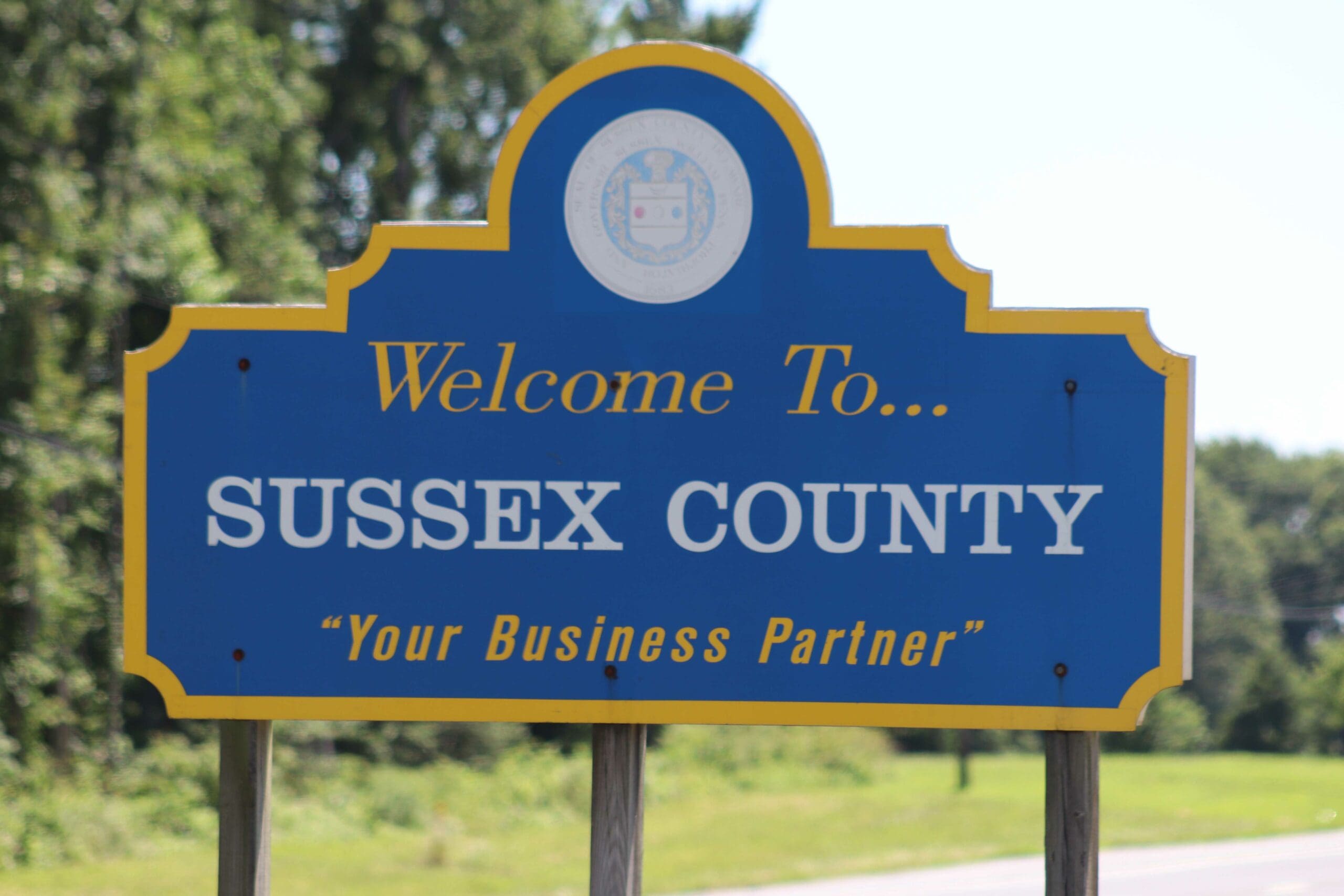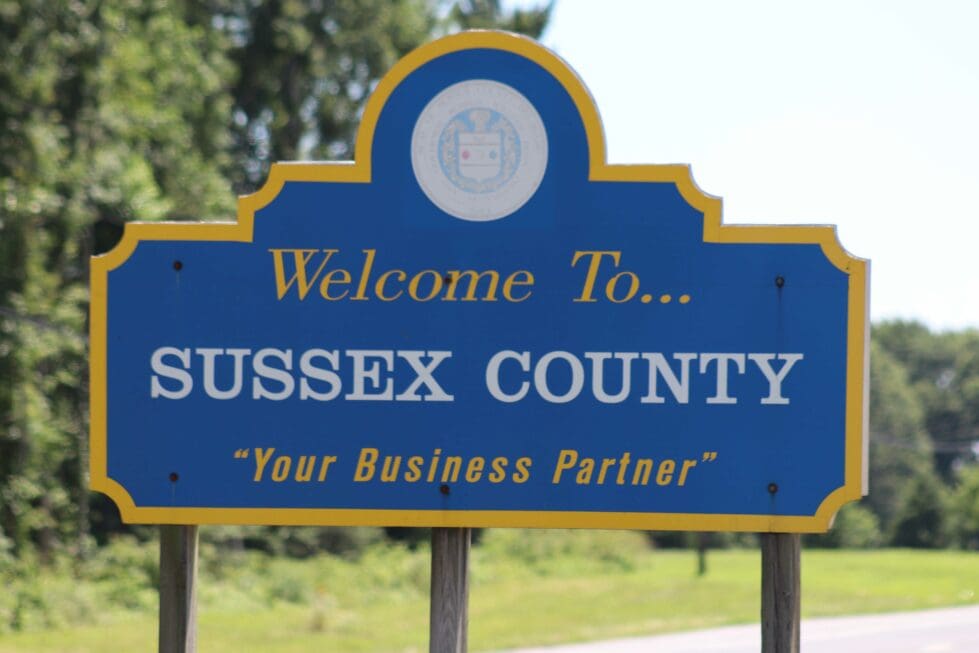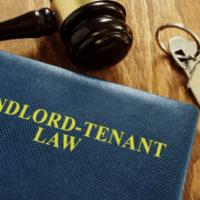

Sussex County residents will be the next to receive letters of property reassessment after Kent County sent letters out in late 2023.
The homeowners of Sussex County can expect to receive the long-awaited letters of property reassessment this fall.
“Kent County is actually a year ahead of us, so ours is not going to be complete until this time next year,” said Chris Keeler, director of assessment for Sussex County, “So it’ll be spring of 2025 before the project is completed, and we won’t have any preliminary values until the fall of 2024.”
Tyler Technologies, the software company hired by the state to conduct the reassessments, is still in the data collection phase.
“They’re working in the Rehoboth, Lewes, Milford areas right now,” Keeler said, “so they’re finishing up collecting data and then are going to start their valuation phase next.”
Property reassessments have not been done in New Castle County since 1983, in Kent County since 1987, and in Sussex County since 1974.
The statewide reassessments stem from a 2020 lawsuit in which a Chancery Court judge ruled that the state’s property tax system is unconstitutional as part of an education funding lawsuit.
Among other requirements like millions of dollars into opportunity funding – which provides weighted funding and support for low-income students and English learners in public schools – the lawsuit tasked the three counties to conduct their first property reassessments in decades.
Kent County residents started receiving their letters of new reassessment around the New Year.
RELATED: Kent County residents first to see new property values
In Kent, the average property value before the reassessments in Kent County was $62,000, and after reassessment, it is about 600% – or $420,000 – higher.
The current average assessed value in Sussex County is $23,150.
“Everyone who owns property should receive a notice and there are approximately 195,000 parcels in Sussex County,” Keeler said.
New Castle County is expected to be the last of the three to finish the reassessment process and send out letters, which will be some time in 2025, although when is unclear.
Appeal process
Although the new values will be sent in the fall, there’s a period for residents to appeal, which is why it will take until early-to-mid-2025 to certify and establish the assessment values.
Paul Hertz, commissioner of the Kent County Levy Court, District 6, said for Kent, the expectation was 15% of homeowners would appeal, but it turned out to be just about 3%.
“After those preliminary values go out, they will hold appeal hearings with Tyler Technologies, and after that, they will set the final values next spring,” Keeler said.
Those appealing must exhibit documentation or evidence to a panel from Tyler Technologies that proves the new assessment mailed to them is inaccurate.
Examples of this would be independent appraisals or value assessments from real estate companies like Zillow or Realtor.com that state comparable properties in the area have a different reassessment value than the one the homeowner received.
Tax impact
It is unclear what any tax implications the new Sussex assessment values will hold, Keeler said, because it’s still too early in the process.
However, Hertz pointed out when Kent’s residents received their letters that per state law, a county cannot increase taxes the first year following reassessment.
The county would essentially be revenue neutral so the county tax would go down if a homeowners property assessment went up – for year one with the new values.
Kent County’s tax averaged out to 36 cents per $100 of assessed home value.
But because the property values skyrocketed, for next fiscal year, which starts July 1, the average county tax will drop to less than 10 cents per $100 per assessed home value.
This guarantees that Kent gathers the same $14.5 million in revenue from county taxes.
Districts are also required to remain revenue neutral – for the most part.
State law allows a school board to vote up to a 10% increase in school taxes after reassessments.
So if a district’s local revenue is $50 million, the maximum revenue increase would be an extra $5 million, which would be reflected in the tax rate and spread out among district residents.


Raised in Doylestown, Pennsylvania, Jarek earned a B.A. in journalism and a B.A. in political science from Temple University in 2021. After running CNN’s Michael Smerconish’s YouTube channel, Jarek became a reporter for the Bucks County Herald before joining Delaware LIVE News.
Jarek can be reached by email at [email protected] or by phone at (215) 450-9982. Follow him on Twitter @jarekrutz and on LinkedIn
Share this Post








